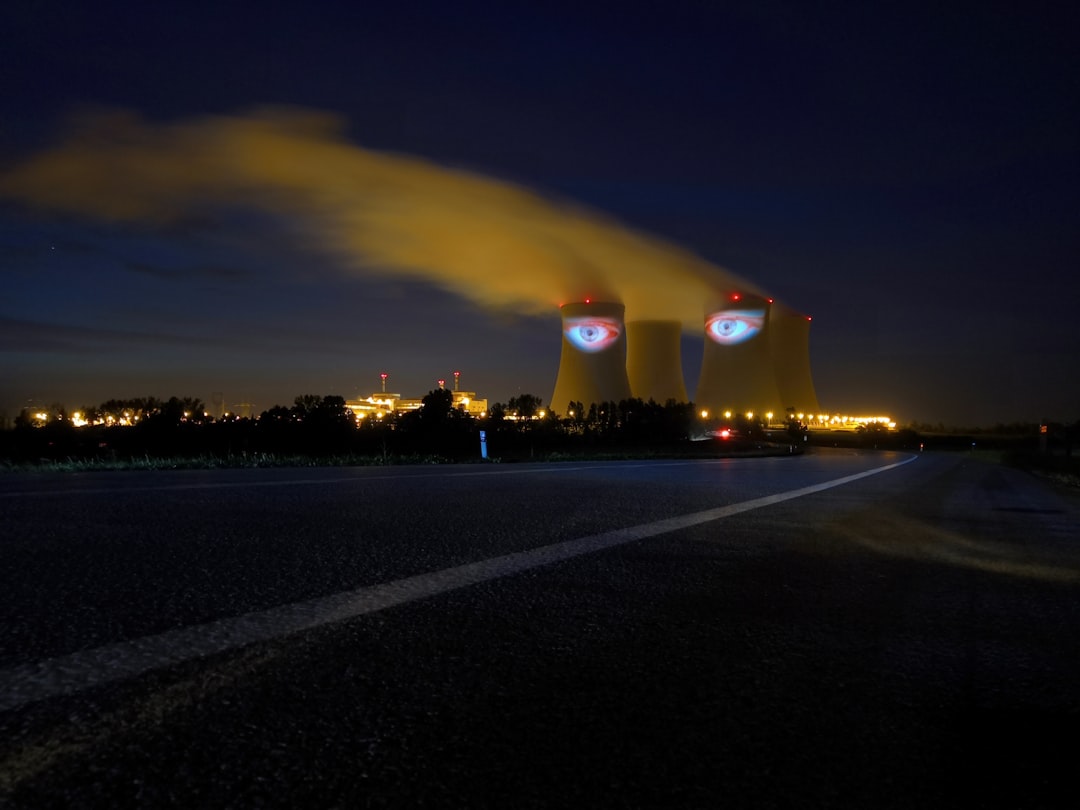“`html
The Nuclear Revival: Sparked by the Energy Crisis
The world is grappling with an energy crisis. Soaring prices, geopolitical instability fueled by events like the war in Ukraine, and the urgent need to decarbonize have created a perfect storm, forcing nations to re-evaluate their energy strategies. And one energy source, often sidelined due to safety concerns and high costs, is making a surprising comeback: nuclear power.
For decades, nuclear energy has been a contentious issue. Accidents like Chernobyl and Fukushima Daiichi have cast a long shadow, fueling public anxiety and hindering its growth. However, the severity of the current energy landscape demands a pragmatic approach, pushing many countries to reconsider nuclear as a viable and even essential component of their energy mix. Reuters reported on the increasing recognition of nuclear power’s vital role in Europe’s energy transition.
Why the Sudden Shift?
Several factors are driving this nuclear renaissance:
- Energy Security: Reliance on fossil fuels, particularly from unstable regions, leaves nations vulnerable to price shocks and supply disruptions. Nuclear power, utilizing readily available uranium fuel, offers greater energy independence.
- Climate Change Mitigation: Nuclear energy produces virtually no greenhouse gas emissions during operation. It’s a reliable baseload power source, meaning it can operate continuously, unlike intermittent renewables like solar and wind. This reliability is crucial for maintaining a stable grid while transitioning away from fossil fuels.
- Technological Advancements: New reactor designs, including Small Modular Reactors (SMRs), promise enhanced safety, lower costs, and increased flexibility. SMRs can be deployed in smaller grids and remote locations, making nuclear power more accessible.
- Government Support: Recognizing the strategic importance of nuclear energy, many governments are offering financial incentives, streamlining regulations, and investing in research and development.
The Impact: Balancing Risks and Rewards
The increased adoption of nuclear energy has several significant implications:
- Reduced Carbon Footprint: Replacing coal-fired power plants with nuclear reactors can drastically reduce carbon emissions, contributing to global efforts to combat climate change.
- Enhanced Energy Stability: Nuclear power provides a stable and predictable energy supply, mitigating the risks associated with fluctuating fossil fuel prices and unreliable renewable energy sources.
- Economic Growth: The nuclear industry creates high-paying jobs in engineering, construction, manufacturing, and operations. It also stimulates innovation and technological advancements.
- Geopolitical Influence: Nations with strong nuclear energy programs can exert greater influence in the global energy market.
However, the expansion of nuclear power also presents challenges:
- Nuclear Waste Disposal: The safe and permanent disposal of radioactive waste remains a significant concern. While technological solutions exist, public acceptance is often difficult to achieve.
- Safety Concerns: While modern reactor designs incorporate multiple safety features, the risk of accidents, although statistically low, cannot be entirely eliminated. Maintaining rigorous safety standards and emergency preparedness is crucial.
- High Initial Costs: Building nuclear power plants requires substantial upfront investment, which can be a barrier for some countries. However, the long operational lifespan of nuclear reactors can offset these costs over time.
- Nuclear Proliferation: The spread of nuclear technology raises concerns about the potential for its misuse in weapons programs. Strong international safeguards are necessary to prevent proliferation.
Looking Ahead: The Future of Nuclear Power
The future of nuclear power is likely to be shaped by several key trends:
- SMR Deployment: Small Modular Reactors are expected to play an increasingly important role in expanding access to nuclear energy, particularly in developing countries and remote regions.
- Advanced Reactor Designs: Research and development efforts are focused on developing even safer, more efficient, and cost-effective reactor designs, including fast reactors and thorium reactors.
- Integration with Renewables: Nuclear power can complement renewable energy sources by providing baseload power and grid stabilization services, ensuring a reliable and resilient energy system.
- Public Engagement: Open and transparent communication about the benefits and risks of nuclear energy is essential for building public trust and support.
Ultimately, the role of nuclear power in the global energy mix will depend on how effectively these challenges are addressed. The current energy crisis has undeniably reignited interest in nuclear energy, but its long-term success hinges on innovation, responsible management, and public acceptance. The BBC has extensively covered the debate around nuclear power and its role in a sustainable future. Exploring different perspectives is key to a balanced understanding.
Whether nuclear power becomes a dominant force in the energy landscape or remains a niche player, it’s clear that its contribution will be crucial in the ongoing effort to achieve energy security and combat climate change. The conversation has shifted from outright dismissal to careful consideration, marking a significant turning point for this controversial but potentially transformative energy source.
“`

